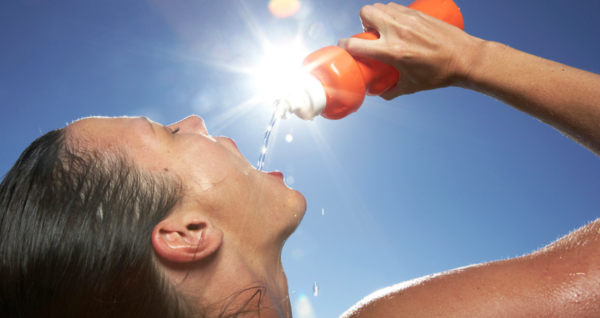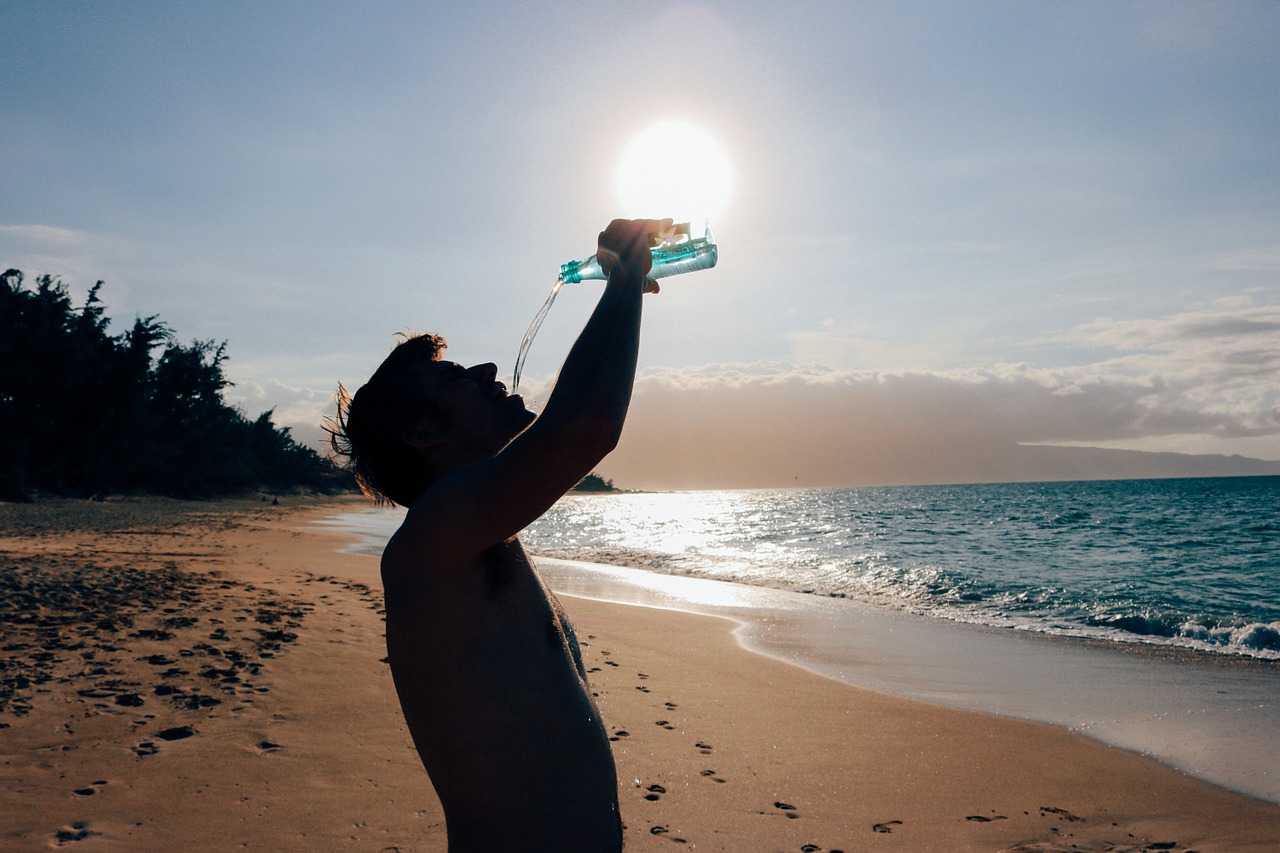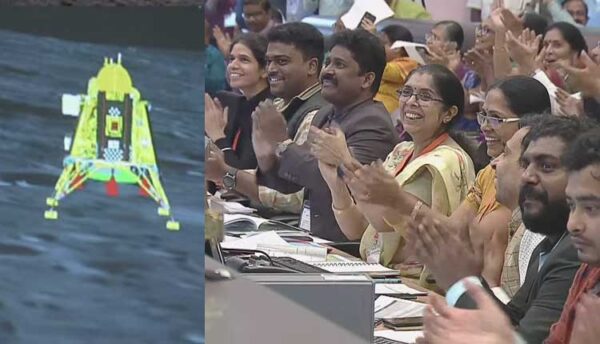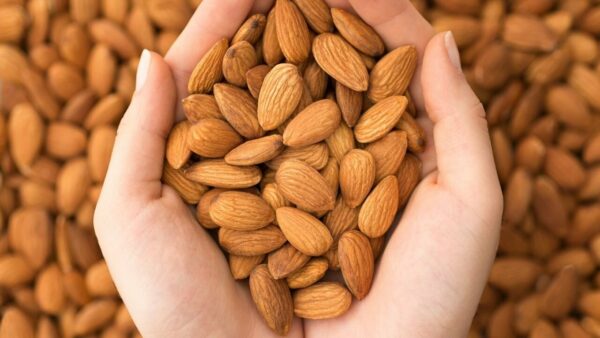Losing more water than kept in the body, is dehydration. The best way to counter the dehydration is to take water and bring down the body temperature. A study found that dehydrated drivers make same numbers of mistakes as the drunk drivers. So do not drive without having water but no alcohol.
In this write-up, we have tried to explain what causes the dehydration its signs and how to manage it.
Symptoms:
Dry mouth, feeling much thirsty, over sweating, fatigue, headaches, dizziness, constipation, getting less urine, or much yellow colored urine and inability to sleep, affects the mood and concentration. The side effects include bad breath, many people get dehydrated but don’t even know it.
Causes of Dehydration
Many conditions may cause fast and advanced liquid waste:
- Fever, heat exposure, and too much activity
- Vomiting, diarrhea, and much urination due to disease
- Diseases such as diabetes.
- The failure to seek proper water and meals (as in the case of a physically challenged person)
- A reduced ability to drink (for instance, someone in a coma or on a ventilator)
- Nonavailability of bacteria free water access to bacteria free drinking water
- Significant injuries due to accident causing loss of water
Once dehydrated sets in the following elements become unbalanced.Serum sodium, causing spasm in the muscles, dizziness.
Serum sodium, causing spasm in the muscles, dizziness.
Potassium: when imbalance occurs diseases of liver, lung or intestine or kidney get infected
“Hydration is essential because the body is composed mostly of water, and the proper balance of liquid and electrolytes in our bodies determines how most of our systems function, including nerves and muscles,” says Larry Kenney, Ph.D., a professor of physiology and kinesiology at Penn State.
Nursing in the emergency department concentrates first on renovating blood quantity and then body liquids while ascertaining the reason of the dehydration. If the core body temperature is higher than 104 °F, doctors will cool the entire body. They may increase cooling by evaporation with mists and fans or cooling sheets and dips.

Female athlete drinking Water – Photo Credit:gomedoc.com
- If there is no illness and vomiting, fluid replacement is begun. You are asked to drink electrolyte/carbohydrate-containing liquids along with water.
- If there are symptoms of notable dehydration (elevated resting heart rate, low blood pressure), fluids are administered through an IV, a tube set into a vein.
- Too much soda, sweet beverage, caffeine based drinks need to be avoided when the dehydration is severe.
- If the urine quantity is less and is heavily colored, take salted water in the next 3-4 hours till the urine color is normally colorless.
- Avoid taking antibiotics, as red blood corpuscles can get diseased.
- Do not take too much anti-diarrhea medication as the patient is liable to slip into dizziness or coma.
- If the quantity of urine enhances on taking the medicine to lower the BP, consult the concerned consultant to reduce the dose.
- If the blood sugar crosses 300mg%, try and lower it to below 200mg%
- Drink salted lemon every hour from seven to seven during the day.
Essential to know
- In clinical tests, the liquid’s quantity weight is less than 10-15% of adults and 6-9 % in children acute dehydration is indicated. Corrective measures need to be taken to increase the liquid proportion in the body,
- In any of the following conditions get in touch with the physician to do the needful: a headache, skin dryness, dryness of the tongue or dizziness or the appearance of wrinkles on pinching the skin dryness.
- Body builders, swimmers and athletes under training they sweat a lot and dehydration sets in easily and they need to be careful.







